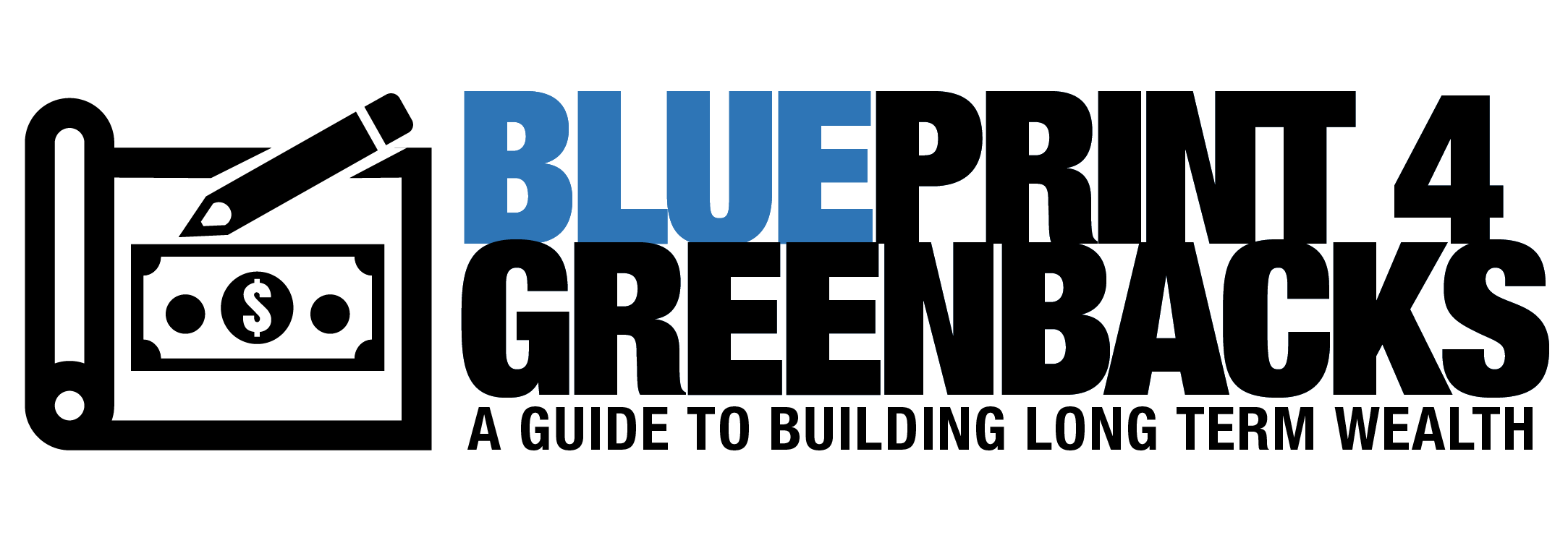
The IRS breaks income into three types – earned, portfolio and passive. However, that is too simplistic for our purposes. If broken down not based on IRS qualifications, but by how the income is derived from the perspective of your activity to generate it, we have 7 types of income.
Earned Income | You are a Worker | You have a Job Profit Income | You are an Entrepreneur | You have a Business Interest Income | You are a Lender | You have a Bank Dividend Income | You are an Investor | You have a Stock or Bond Rental Income | You are a Landlord | You have a Real Estate property Royalty Income | You are an Inventor | You have Intellectual Property Capital Income | You are a Trader | You have all of the above Inherited Income | You are a Lucky SOB | You have a Gift
Most wealthy individuals obtain income from more than one source and typically several. Thus, it’s a generally good idea to cultivate multiple sources of income across these eight categories. Each has benefits and drawbacks.
Time Horizon:
- Short term equals income realized in less than 1 year
- Long term is income realized greater than 1 year
What makes one better than another?
Hard Criteria (investment criteria)
- Risk: Likelihood of losing principal investment (or more)
- Passivity: Amount of work (or lack thereof) required to realize profit
- Feasibility: Ability for any reasonable person to execute the investment
- Liquidity: Ability to withdraw your investment and without penalty
- Return: Ability to provide returns in excess of the risk-free rate
Soft Criteria (investor criteria)
- Passion: How much do you (or need to) love to do this type of work
- Expertise: How much specialized knowledge do you have (or is needed)
- Patience: Amount of tolerance for delay, trouble, or suffering
- Diversity: How varied a skill level do you need to be successful
- Commitment: Level of dedication you have (or is needed)

- Earned IncomeWorker | Job
- Trading your time for money
- Less risk, more comfort
- Profit IncomeEntrepreneur | Business
- Selling something for more than it costs you to produce
- Difficult lifestyle, lots of hard work
- More risk, less comfort
- Tax benefits
- May or may not require significant capital outlays
- Long term hold strategy
- Interest IncomeLender |Bank
- Lending your money to someone else
- Examples:
- Peer to Peer (P2P) investing
- CD / Money Market
- Bonds
- Long term hold strategy
- Easier to do today with Micro lending platforms
- Dividend IncomeInvestor | Stock
- Money that you get as a return on shares of a company you own
- Does not require significant initial capital outlays
- Typically, stocks, but can be bonds or other instruments
- Stocks
- Mutual funds
- ETFs
- Rental IncomeLandlord | Real Estate Property
- Renting out an asset that you have, like a house, or a building
- Apartments
- Houses
- Boats
- Cars
- Machinery
- Typically requires significant initial capital outlays
- Capital outlays can be significantly leveraged with minimized risk
- Relatively illiquid
- Long term hold strategy
- Renting out an asset that you have, like a house, or a building
- Royalty IncomeInventor | Intellectual Property
- Letting someone use your products, ideas, or processes.
- Patents
- Franchise
- Book publishing
- Music publishing
- Challenge to create something unique yet repeatable. Need special skills to create such an asset
- Once created, there is virtually no limit to the money you can earn
- Long term hold strategy
- Letting someone use your products, ideas, or processes.
- Capital IncomeTrader | all of the above
- Selling something for more than you bought it
- Examples
- Real Estate (foreclosure and flips)
- Business
- Machinery
- Other items
- Short term flip strategy
- Inherited IncomeLuck SOB | Gift
- While most people only dream of inheriting “wealth”, it is a very real method of attaining wealth for some lucky folks out there.

Good https://lc.cx/xjXBQT
Good https://is.gd/N1ikS2
Very good https://is.gd/N1ikS2
Very good https://is.gd/N1ikS2
https://shorturl.fm/N6nl1
https://shorturl.fm/m8ueY
https://shorturl.fm/5JO3e
https://shorturl.fm/oYjg5
https://shorturl.fm/9fnIC
https://shorturl.fm/j3kEj
https://shorturl.fm/TbTre
https://shorturl.fm/XIZGD
https://shorturl.fm/XIZGD
https://shorturl.fm/N6nl1
https://shorturl.fm/9fnIC
https://shorturl.fm/5JO3e
https://shorturl.fm/YvSxU
https://shorturl.fm/FIJkD